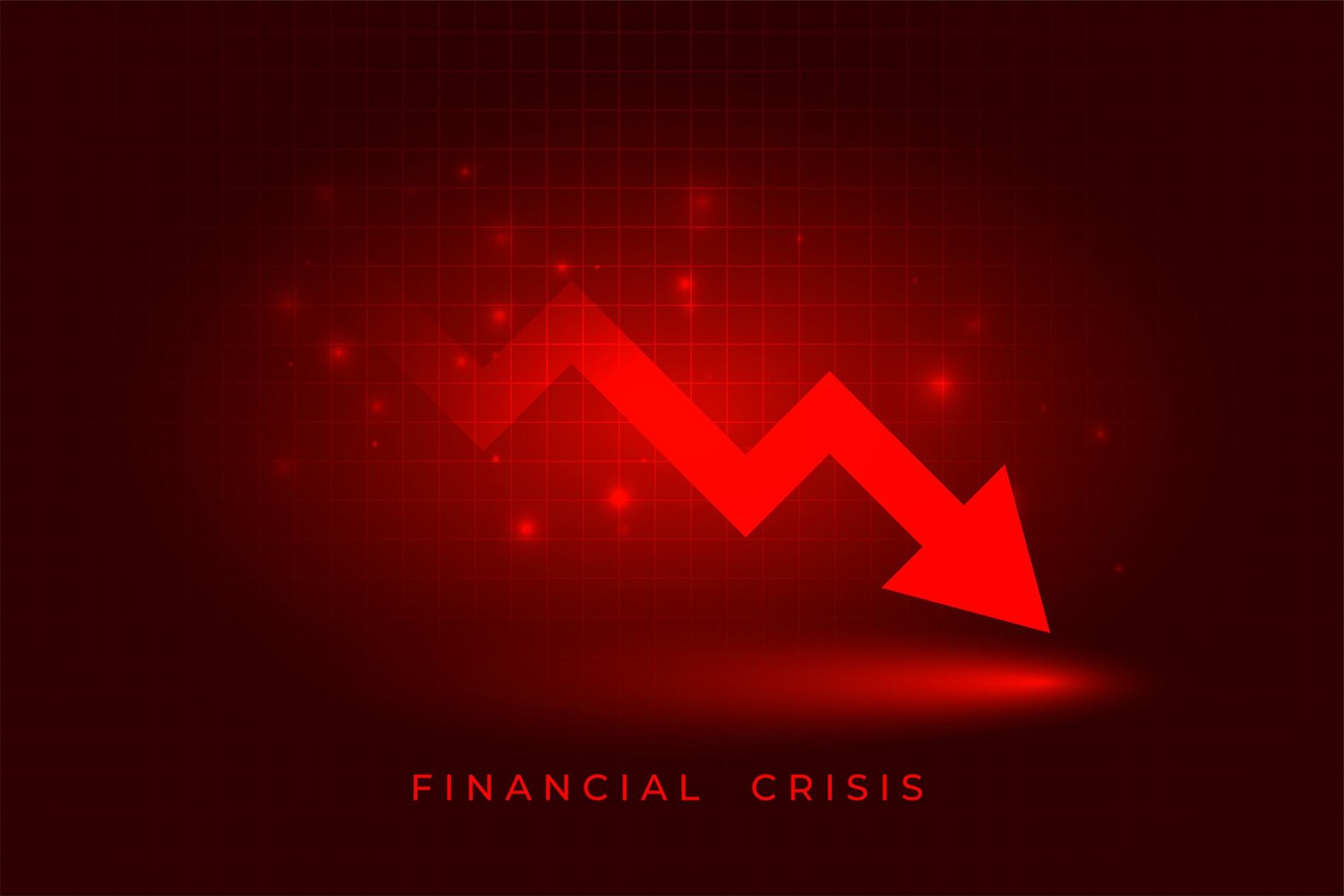Facing back taxes can feel like carrying a heavy burden that seems impossible to shed. But what if there was a way to lighten or remove that load? At JD Tax Law, we understand the stress and anxiety of tax debt. That’s why we’re diving into many of our clients’ questions: Can I discharge back taxes through bankruptcy? This post aims to provide you with a clearer understanding of your options and bring a glimmer of hope to those feeling trapped by their financial past.
Understanding the Possibility of Discharging Taxes in Bankruptcy
Understanding the possibility of discharging taxes in bankruptcy involves going through a complex legal landscape where various conditions and rules apply. The process is nuanced, with specific criteria that need to be met for tax debts to be considered dischargeable. Here’s a breakdown of the key elements involved:
- Type of Tax: Not all taxes are eligible for discharge in bankruptcy. The distinction primarily applies to personal income taxes. Other types of taxes, such as payroll taxes or fraud penalties, are generally not dischargeable.
- Age of the Tax Debt: For income tax debt to be dischargeable, it must be related to a tax return due at least three years before the bankruptcy filing date. This includes any extensions. This criterion ensures that recent tax debts cannot be discharged immediately, aiming to prevent abuse of the bankruptcy system.
- Filing of Tax Return: The taxpayer must have filed a tax return for the debt in question at least two years before filing for bankruptcy. This requirement underscores the importance of compliance with tax filing obligations, even if the taxpayer could not pay the taxes due.
Meeting these conditions doesn’t guarantee that tax debts will be discharged, as bankruptcy courts examine each case individually, considering all aspects of the taxpayer’s financial situation. Additionally, there are nuances, such as the “240-day rule,” which requires that the tax assessment be at least 240 days old before filing for bankruptcy, among other considerations.
Eligibility Criteria for Discharging Taxes
Determining your eligibility to discharge tax debt through bankruptcy involves thoroughly examining your tax history. The “240-day rule” is one such criterion, requiring that the IRS assess the tax debt at least 240 days before you file for bankruptcy. Additionally, there should be no tax evasion or fraud issues in your history. These rules ensure that only those genuinely struggling with uncontrollable tax debt, without any intent of deceit, can seek relief through bankruptcy.
What’s the Difference between Chapter 7 vs. Chapter 13 Bankruptcy?
Choosing between Chapter 7 and Chapter 13 bankruptcy is crucial, as each offers different paths to dealing with tax debt. Chapter 7 allows for the discharge of eligible debts, including some tax debts, giving you a fresh financial start. However, not all taxes qualify for discharge under this chapter. Chapter 13, conversely, doesn’t wipe out your tax debt but proposes a repayment plan, making it more manageable to pay off what you owe over time. This choice significantly impacts your financial recovery journey, highlighting the importance of informed decision-making.
The Bankruptcy Filing Process and Its Impact on Tax Debt
Filing for bankruptcy is a complex legal process that requires meticulous preparation and understanding of the laws. Once you decide to file, an automatic stay comes into effect, halting most creditors’ collection efforts, including those of the IRS. However, going through the intricacies of bankruptcy filings, especially concerning tax debt, demands professional guidance. This step can be a turning point, offering a pathway out of the financial turmoil caused by back taxes.
Rebuilding Your Financial Future Post-Bankruptcy
While the prospect of discharging tax debt through bankruptcy can offer relief, it’s essential to consider life after the process. Bankruptcy can significantly impact your credit score and financial standing, but it also allows you to start anew. Developing a solid financial plan and adopting responsible tax practices are crucial to rebuilding your financial health. At JD Tax Law, we believe in empowering our clients with the knowledge and tools they need for a brighter financial future.
Ready to Explore Your Options?
If you’re overwhelmed by back taxes and wondering if bankruptcy could offer you a fresh start, we’re here to help. At JD Tax Law, we understand the complexities of tax law and bankruptcy proceedings. Our approachable team is dedicated to guiding you through every step of the process, ensuring you’re well-informed and confident in your decisions. Call us to speak with a lawyer in Texas at (844) 786-7477 or contact us online to schedule a consultation to help guide you through your Tax, Accounting, or IRS matter.

